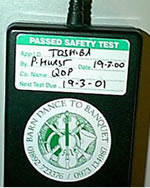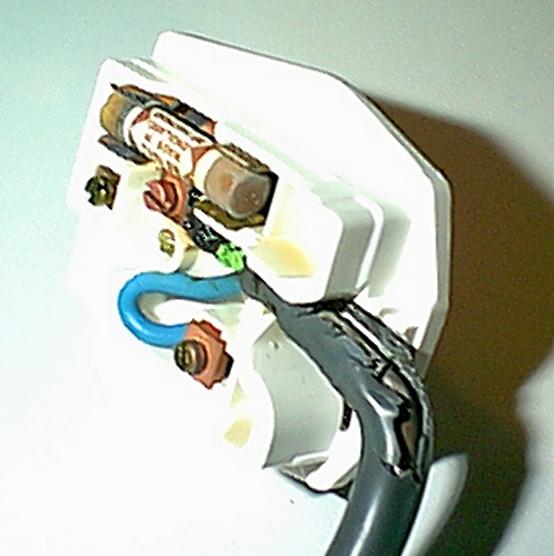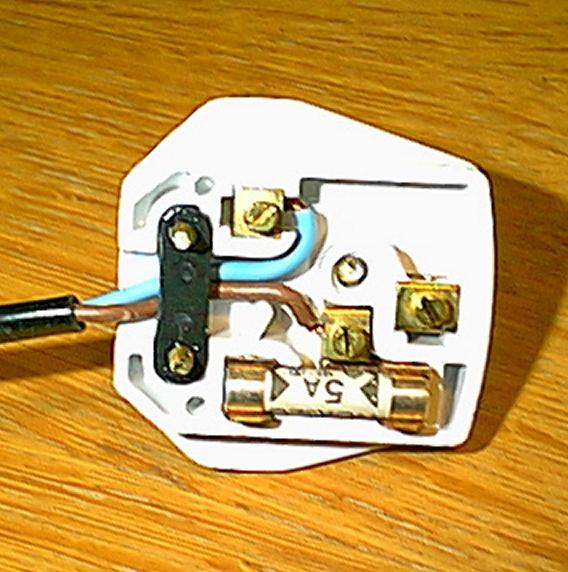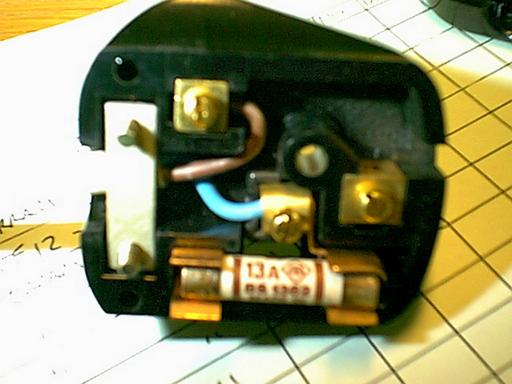Health and Safety
Health and Safety regulations, (and common sense) require that all portable electrical equipment used in public places must be checked and tested at regular intervals.
A schedule of the equipment should be maintained, with labels stuck to the equipment giving details of the testing and confirming that it is safe to use once it is over a certain age (usually a year).
Many amateur groups are either unaware of this, or worse still, cannot be bothered to comply with the legislation. This can put you and your guests at risk as well as them. If a fire or injury were to happen at your venue, the question of who was liable could get very messy.
Some groups even say that their equipment has been tested when it has not, or that the legislation does not apply to them. Your local council will be able to confirm that this is not the case, if in any doubt just ask to see their test schedule or give me a call for more information. If in doubt, you may wish to ask for a written undertaking that you can inspect the equipment on the day, and withhold payment if the equipment has not been tested, or they cannot produce invoices to show that it less than a year old.

Having completed the training course and examination myself, I like to check our equipment in person wherever possible.
All mains-powered equipment should have a green and white sticker, showing the date tested, and when the next test is due. For a band, this will almost certainly be annually.

Here are three pictures of plugs found when testing equipment, see if you can spot what is wrong (there are two things to find on the top two pictures). As well as the faults visible to the naked eye, by using a specialist testing meter it is possible to detect other, less apparent problems.



Portable Appliance Testing
Not everyone has mains powered equipment, please contact me for the individual details of each performer.
If you have any doubts about a system, look for the green and white sticker (above).
Third party liability insurance
Third party insurance is provided through the Musicians' Union (up to £5M cover) and Equity (£10M), as well as through EFDSS for some performers.